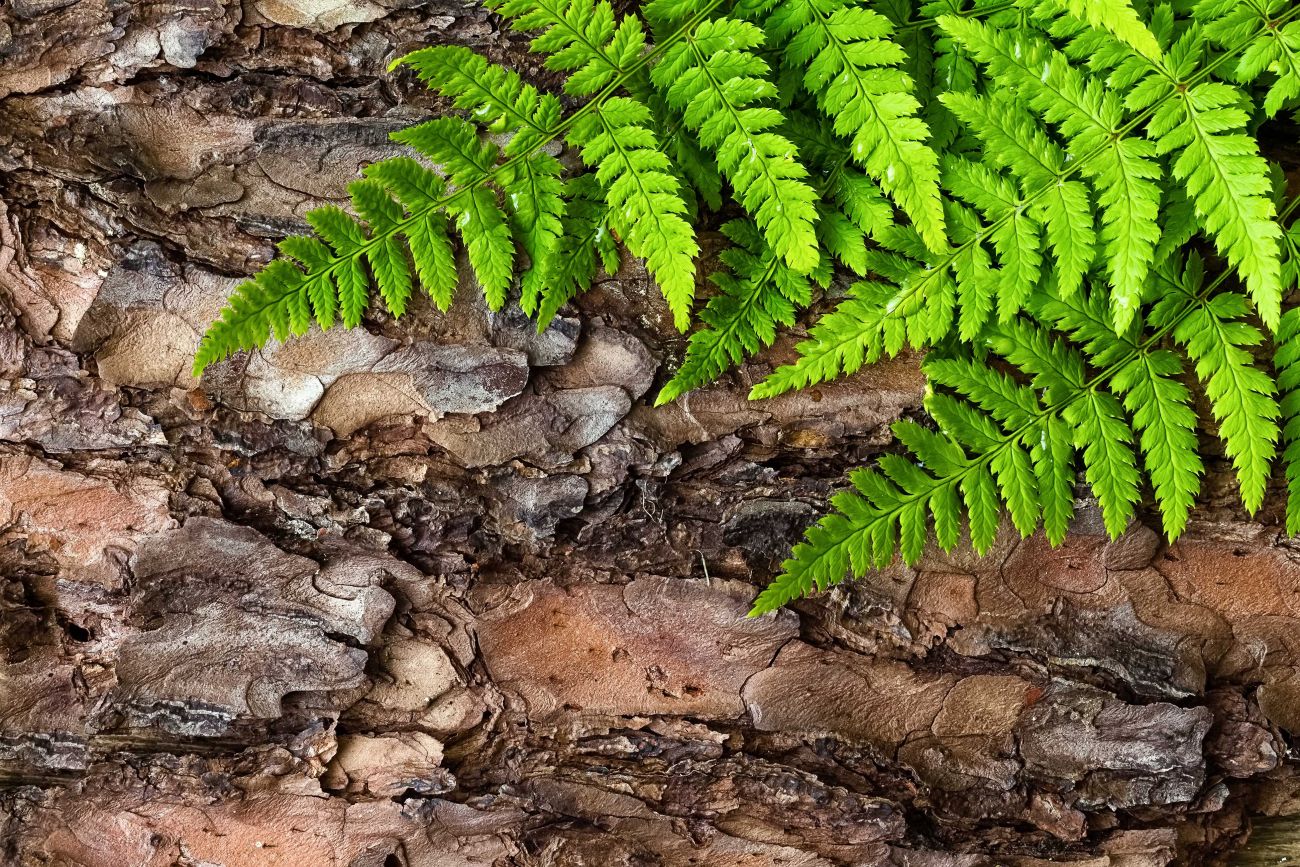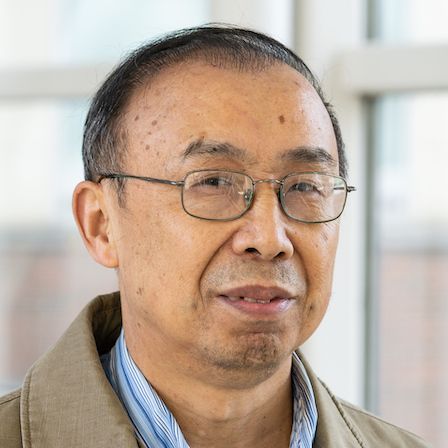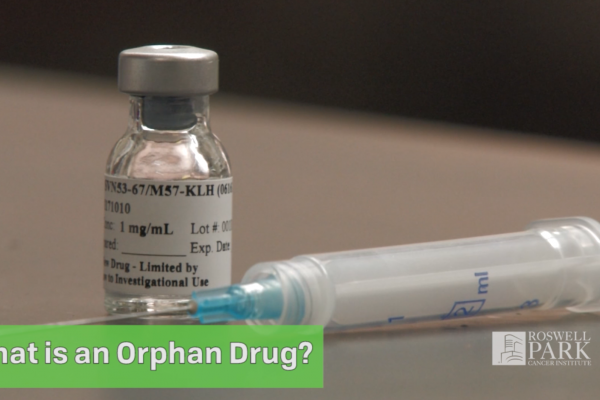Researchers at Roswell Park are Utilizing a Novel Derivative of Camptothecin, an Antitumor Agent Found in Chinese Tree Bark.
Green fields and forests might feel like the furthest thing from the sterile, bright, high-tech rooms where modern medical research is performed, so it’s easy to forget that it was outside, in those green spaces, where medicine got its start.
In the United States, at least 118 of the top 150 prescription drugs are based on natural sources. Humans have been using plants and herbs to treat ailments for thousands of years.
Traditional Chinese medicine was built on centuries of healing with natural herbal medicines. Through this practice, the stem and bark of Camptotheca acuminate (common name: xi shu), a tree native to southern China and Tibet, was found to be an effective antitumor medicine. It wasn’t understood how the xi shu tree bark worked until the 1960s, when chemists analyzed the bark and found its active chemical composition, camptothecin (CPT). The anticancer agent works by targeting topoisomerase 1 (Top1), a critical protein involved in DNA replication for normal tissue renewal and cancer cell proliferation.
Never miss another Cancer Talk blog!
Sign up to receive our monthly Cancer Talk e-newsletter.
Sign up!Since the discovery of CPT, several thousand derivatives of CPT have been created. The FDA has approved two of these compounds — topotecan and irinotecan — for cancer treatments, but they come with strong side effects. Researchers have struggled to find a way to lower their toxicity in humans.
Recently, researchers at Roswell Park Comprehensive Cancer Center have discovered a potential solution for the toxicity issue that has stalled CPT development for nearly five decades. By using non-Top1 targets as criteria for better CPT derivative selection, Fengzhi Li, PhD, and his team have made a breakthrough in the CPT derivative field for development of low-toxicity and high-efficacy CPT analogues.
“We have found a small-molecule compound called FL118 with a chemical structure similar to the structure of CPT. By formulating FL118 into a water-based suspension through the unique process we invented, we hope to be able to safely administer the drug orally,” says Dr. Li. “The method of formulating FL118 in water-based solvents together with certain recipients not only decreased the compound’s toxicity but also increased the efficacy of the antitumor agent FL118.”
Researchers have found FL118 to be effective in fighting colon cancer, pancreatic cancers and cancer cells that are resistant to cancer drugs such as cisplatin. The National Cancer Institute has supported the Roswell Park-spinoff company, Canget for further development of FL118 with a three-year Fast Track Small Business Innovation Research Grant to move FL118 into clinical trials. Canget, in collaboration with Dr. Li’s Lab and Roswell Park, will soon file an application at the FDA to begin clinical trials.
“As a cancer researcher, I feel that the most important thing is to find effective and low-toxicity anticancer drugs for patients,” says Dr. Li. “This mindset drives my current research focus.”


